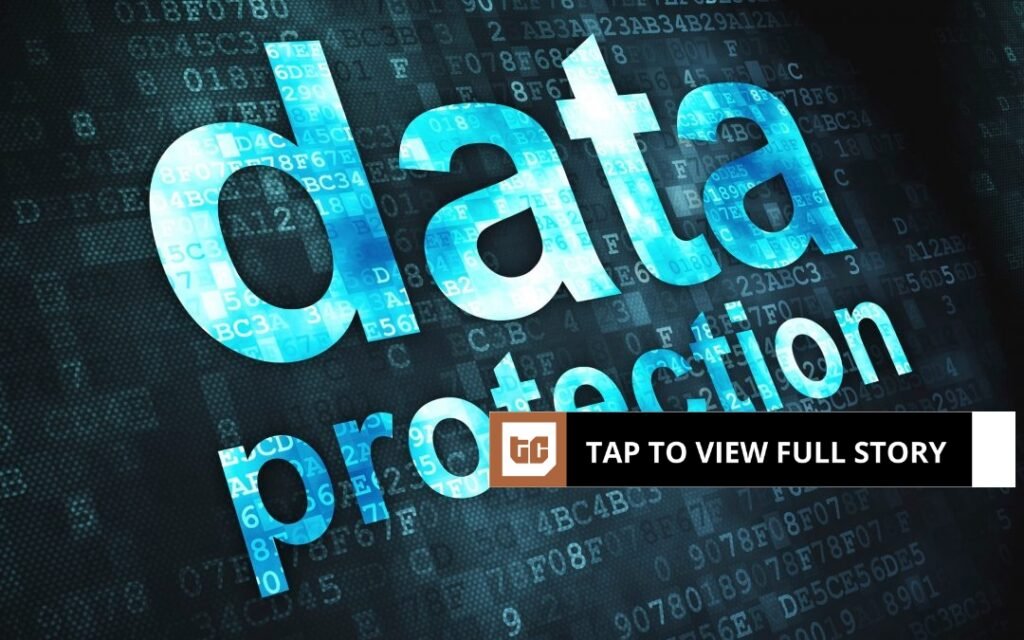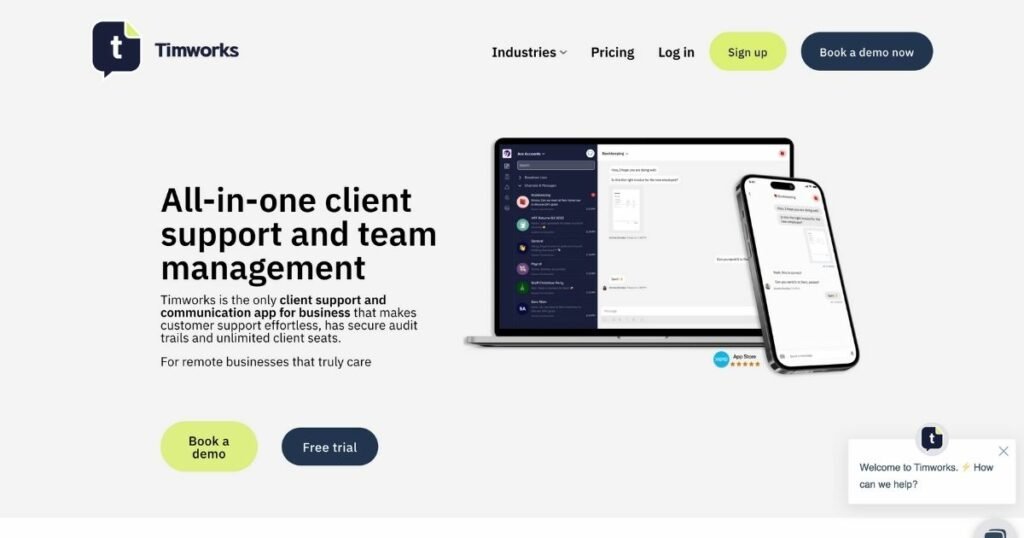UK ‘porn block’: everything you need to know

The UK ‘porn block’ is coming into effect on July 15. After this date, all UK-based internet users will have to confirm that they are 18 or older to access adult entertainment sites.
Given that Pornhub alone received 33.5 billion visits in 2018, with the UK providing the second-most users after the United States, the coming age-verification filter is likely to affect a huge number of people in the UK.
While it’s often called the ‘UK porn block’ that name is not entirely accurate. The age verification law is, in reality, part of section 25 of theDigital Economy Act, which has a number of sections relating to online legislation.
The process works like this: once July 15 2019 arrives, adult websites will need to show a splash screen to UK users when they arrive on the site. This interstitial screen must contain no adult material at all and should inform visitors that they must prove they are over 18 years old in order to continue.
If a user is able to use an approved age verification system then they’ll enter these details, which will likely be a non-identifying username and password. If they don’t have these details then the site might explain how to get them, but you won’t be able to access the site without providing them…or that’s the idea.
All adult sites, whether hosted or based in the UK or not, will need to support this. Sites which don’t support it may face a fine or be blocked in the UK entirely (or both). Eventually, when the scheme has been running for a couple of months, users will be able to report non-compliant sites.
The British Board of Film Classification has been chosen to administer the scheme. It won’t provide age ID checks itself but it will approve providers who do. It will be responsible for fining non-compliant sites and, if needed, requesting ISPs block those which don’t verify age adequately.
The stated goal of the UK ‘porn block’ is to protect children. The UK government says that young people are too easily able to see hardcore adult video and there is a need to protect them from stumbling across it by accident. You won’t find many people who disagree with that sentiment.
However, the result will be that all consenting adults will need to jump through hoops to prove that they are old enough to access things they’re legally entitled to.
As with most things like this there’s a very good chance a lot of people won’t know how this will affect them, so expect to see some confused and frustrated people wandering the streets on July 15.

The UK porn block is designed to keep children safer online but there are still many risks (Image credit: Shutterstock)
When is the UK ‘porn block’ coming, and how will it work?
We know that from July 15 anyone using a website featuring content unsuitable for minors in the UK will be asked to verify their age.
To do so users over 18 will need to provide proof that they are old enough to access age restricted sites. The verification can be done online or in a shop where a pass can be purchased that confirms the holder is aged 18 or over.
The burden of proof in a shop is likely to be somewhat lighter than online. While you may be asked for photo ID, say a passport or driving licence, many shopkeepers will simply apply the common sense rules they currently rely on. If someone looks over 18 they probably won’t be challenged to produce ID.
From this perspective the shop-based approach might seem more of a privacy concern. People seeking adult content could pop into a shop anywhere in the UK and buy their pass, creating the potential embarrassment of someone they know spotting them.
Online it’s arguable that the process is more anonymous, but you will need to prove your age by uploading some form of identification. The main provider of age checking for this new legislation, AgeID claims that it won’t retain any personal information, with the site claiming that it sends your data to a third party which it then queries to verify age… and you’ll be able to choose your provider.
Once your ID and password are provided you’ll be free to log in to any age restricted site and personal information should never be exchanged. The question still remains, however, about how secure uploading an image of your passport or driving licence actually is.
We may see different forms of age verification appear too. One natural way to do this would be for mobile networks to issue IDs to users. These companies already know and have verified your age in many cases, so issuing identification should be simple.
What are the ways someone can verify their age?
This is where things take a turn for the downright shady. Firstly, at the time of this article’s first publication in May 2019, the BBFC is listing exactly zero approved age verification systems.
However we know there are a couple of different options that will likely be part of the approved list and this is where it starts to get a bit concerning from a privacy perspective.
The main verification technology is called AgeID and is run by a company called Mindgeek. Looking at Mindgeek’s website you could be forgiven for assuming that this is some sort of internet security firm. It’s not. At all.
It’s the umbrella brand behind some of the biggest adult websites in the world. Mindgeek runs PornHub, RedTube and YouPorn. It also owns content creators and provides payment and monetisation services to other producers of erotic content.
AgeID will be an online system and visitors to adult websites will need to verify their age by uploading proof that they are old enough.
The alternative, the PortesCard, will be purchased in shops where the vendor will confirm your age. The card contains a code which is valid for 24 hours after it is purchased. A companion app for mobile will enable you to turn that code into an AgeID and to log in.
Two kinds of PortesCard are for sale, one for a single device and another for multiple devices. There is, of course, some concern that kids will share AgeID accounts with each other, meaning that if one gets hold of a PortesCard then they will give access to others. Some security will be implemented to prevent this but it’s unlikely it will be entirely effective.
The hassles and worries of both of these systems is just one of the reasons we expect many people to turn to VPN services instead.
So, can you use a VPN to sidestep the porn block?
Yes, it’s a cast iron certainty that search terms such as ‘best VPN for porn’ will skyrocket in the UK the day the block comes into effect. Being able to skirt around geolo
Be the first to write a comment.







